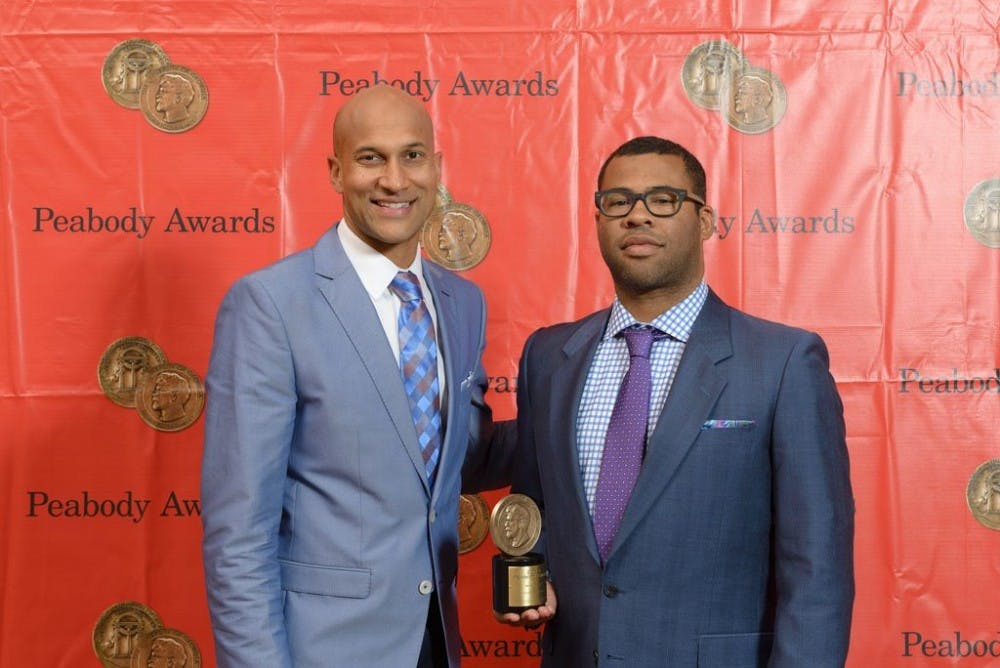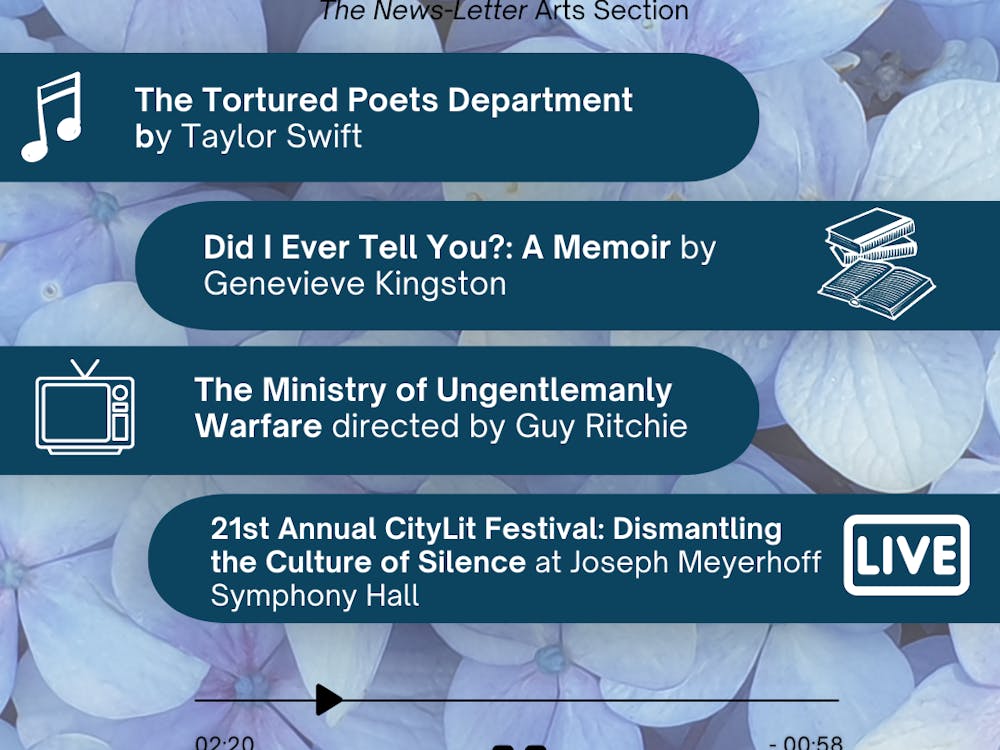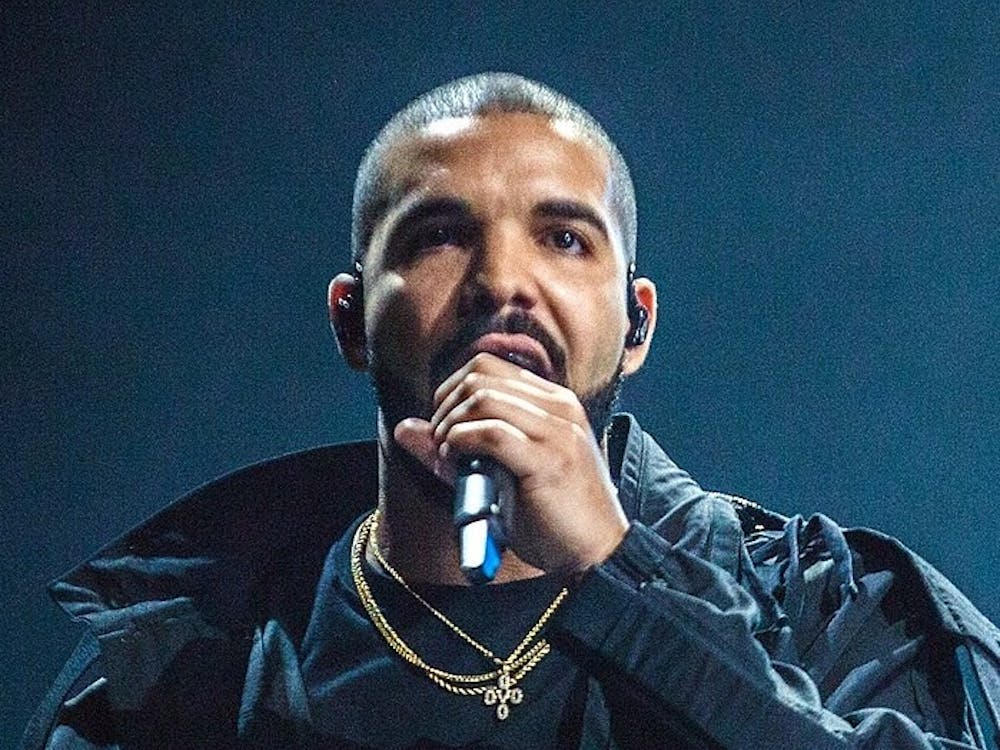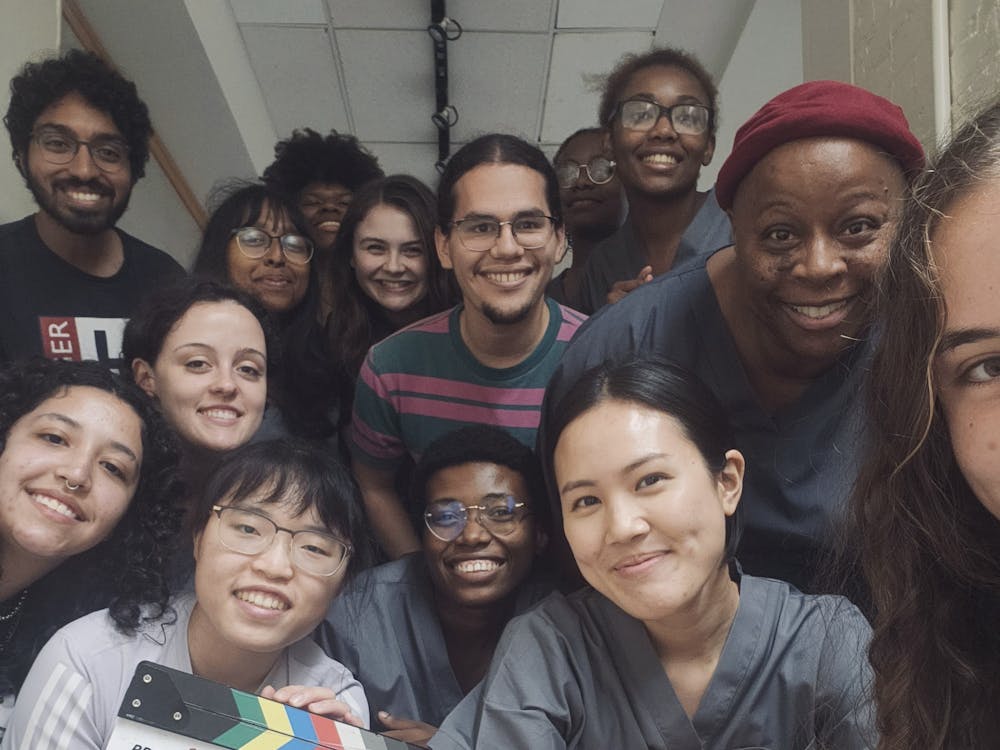The opening scene of Get Out is maybe its most poignant. LaKeith Stanfield (known for his breakout roles in Atlanta and Short Term 12) walks down the street and faces a typical horror movie scenario. For years the thought of “black horror movie” is synonymous with the Wayans brothers Scary Movie series and Stanfield emulates that series’ “black guy in a horror situation” commentary that made that series so famous.
Get Out takes the situation a step further, however, with a chilling opening that ends with Stanfield stiff as a board over the shoulder of an unseen attacker, his head out of place and his body soon limp in a quasi-lynching motif. From that point you’re sure to realize that this is going to be something different.
One of the most exciting film prospects of 2017 has finally been released. Get Out, directed by Jordan Peele (of Key & Peele fame) combines three things that I couldn’t be more interested in: social commentary, racial humor and a plot filled with horror/thriller elements.
Get Out, which was released this past Friday, turns a standard horror movie plot on its head while defying the tropes that many people (including myself) think the genre lives and dies by.
It follows Chris (played by the star of Black Mirror’s second episode, Daniel Kaluuya) is four months into a relationship with Rose (played by Allison Williams, best known for her starring role in HBO’s Girls). With their relationship going well, Rose invites Chris over to her family’s house in the country to meet her parents. Chris is slightly less than enthusiastic but goes along on the trip regardless.
Once at the house he meets Rose’s parents, Dean and Missy, as well as Rose’s brother, Jeremy. The family lives on land that is most likely meant to emulate a plantation like field and more worryingly they have black housekeepers that somewhat closely resembles the slave and master dynamic of yesteryear. Yet, the family is undeniably progressive. In fact, a running gag in the film is how much of an “ally” Rose’s father is.
He constantly mentions that if he could have, he would’ve voted in Obama for a third term. Yet, there’s also the somewhat casual racism with which he talks with Chris, punctuating every sentence with “My man!”
Things get even more strange when Chris agrees to be hypnotized by Rose’s mother (who uses hypnotism in her field as a psychologist) in an effort to stop Chris from smoking. Not to mention the way that other older friends of the family (all white) interact with Chris at the annual family get together which happens to fall on the weekend that Chris and Rose visit.
Throughout the film, there’s a very comfortable feeling (similar to the stronger aspects of The VVitch), that something isn’t right. The way that the racism is sort of normalized as well as the fact that it feels like it doesn’t come from a bad place makes you question throughout the entire film whether or not something sinister is going on or whether the family is really just tone deaf?
I won’t spoil that reveal, but I can say that the film has one of the most well-written scripts that I’ve seen in a while (but then again, I do watch a lot of trash often so take from that what you will). It feels like every line of dialogue leads to a plot reveal that doesn’t feel tacked on. Small turns of phrase flip the entire meanings of seemingly empty sequences of the film.
I haven’t touched on one of the best performances of the film by maybe the person who will be the breakout star of the movie. Comedian Lil Rel Howery plays Chris’ best friend Rod, a TSA Agent that constantly tells Chris not to go on the trip.
Rod for the most part serves as comic relief to break up the tension of the film’s more nerve-wracking moments, and it’s a credit to Lil Rel that he finds a way to do it in such a hilarious way.
It would’ve been very easy for such a humorous role to feel out of place in a film that is for the most part so serious but Lil Rel’s frequent interruptions and musings on Chris’s plights make him feel like an audience surrogate who often says exactly what you’re thinking. Every time Lil Rel takes the screen, the film reminds you that Peele still has the same flair to make hilarious set pieces that dominated the public eye with his show, Key & Peele.
The cinematography of the film is also quite good. There’s a recurring motif of Chris falling into a black hole space and seeing his life through a small screen while he’s hypnotized, and the shots of Chris falling are absolutely beautiful.
Leaving the theater, I realized that this would probably be a film that we as Americans will be talking about for years. The motifs that run throughout the film’s strong latter half have a lot to say about progressive allies and casual racism in spaces that we don’t associate such things in. It’s something the Hopkins bubble needs to see.























Please note All comments are eligible for publication in The News-Letter.